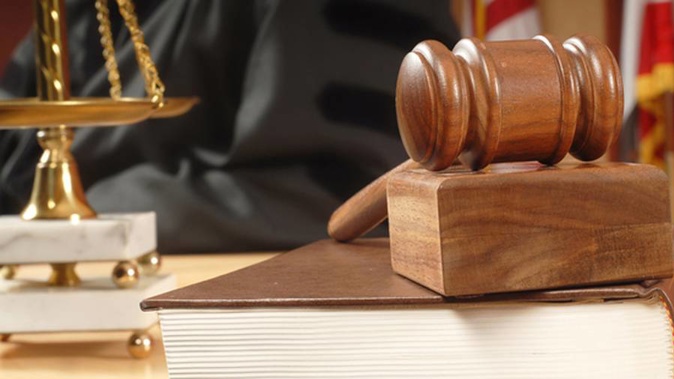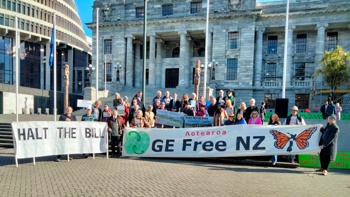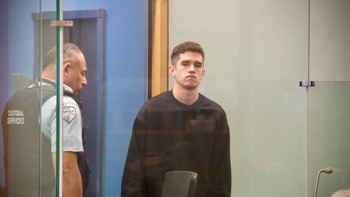
I know the Government already has one or two policy reviews underway but if I may I'd like to suggest someone takes a look at name suppression.
It's flared up again after a judge granted permanent, yep, permanent suppression to the man who robbed a seriously injured woman after a car crash.
How bloody low can you go?
The judge who generously granted this person a pass, says he did so because otherwise the man, who we know to be a serial offender, might lose his chance of a place in rehab.
Well boo-hoo. I can think of far more deserving people desperate to get into rehab who are being knocked back.
And there's rehab in prison, where this low-life belongs.
It's a pathetic decision, and I'm proud to say our colleagues at the Herald are challenging it.
But this is just another example of the way name suppression is being dished out willy-nilly to people who really don't deserve it.
A few recent examples:
- The Auckland media personality who's accused of domestic violence.
- A former All Black on drink-driving charges.
- Or the pervert surgeon who put a camera in a toilet at Nelson Hospital and then had the audacity to argue his victims would be exposed, as justification for keeping his name a secret.
He lost, by the way, his name is Sam Wilson.
Look there are a few, and I stress, a few valid reasons under which a person's name should be suppressed.
Most obviously, where naming them would identify their victims.
But even then, if the victims are of an age where it's reasonable to ask them, we might find they want the offender identified.
Funnily enough, when someone breaks a suppression order like the Black Power president's daughter in Taranaki who named her father's rape victim, they get a $1000 fine.
The maximum is actually $25,000 which I'd be giving straight to the victim.
However, if the Herald was to ignore the suppression order in this current case, it could cost NZME $100,000 and six months in the slammer for the Editor, which no one wants to see.
So right now the way name suppression is granted or not granted, leaves too much to the discretion of judges.
We need another serious look at the rules.
Take your Radio, Podcasts and Music with you









